Buy Mounjaro (Tirzepatide) for weightloss
$160.00 – $700.00
Refrigerated medication: additional processing and shipping fee may apply.
Tirzepatide is used along with diet and exercise to lower blood sugar levels in people with type 2 diabetes (a condition in which blood sugar is too high because the body does not produce or use insulin normally).
Description (What is Mounjaro and What is it used for)
Mounjaro is a revolutionary weight loss medication, merging cutting-edge pharmaceutical advancements with efficacy. Offering a promising alternative to traditional weight loss solutions, this drug has caught the attention of both the medical community and those striving for a healthier life.
In addition to helping the pancreas produce more insulin, Mounjaro lowers the amount of sugar the liver produces and slows the rate at which food passes through your body, making you feel fuller for a more extended period. It does this by activating the two receptors, GIP and GLP-1, which are natural incretin hormones that help regulate blood sugar levels.
As the first GIP/GLP-1 receptor agonist, Mounjaro targets glucose-dependent insulinotropic polypeptide (GIP) receptors and glucagon-like peptide-1 (GLP-1) receptors. Combined with diet and exercise, it is a once-weekly injection.
Amounts of blood sugar (glucose) in individuals with type 2 diabetes mellitus can be improved by using Mounjaro injection if they use it in conjunction with diet and exercise, according to the FDA’s approval on May 13, 2022. Food and Drug Administration (FDA) Fast Track designation has been granted to Mounjaro for weight loss, allowing for an expedited pathway to FDA approval for treating adults with obesity or overweight.
Mounjaro has been tied with other weight-loss medications, such as Wegovy, Trulicity and Saxenda, which are also available for purchase.
How Does Mounjaro Work? (Using Mounjaro for the first time)
Mounjaro’s distinction in the weight management arena stems from its specialized mode of action. Unlike many other solutions, Mounjaro focuses on addressing weight issues at their core. Let’s explore how it works:
Targeting Weight Gain Processes
The human body comprises an intricate network of metabolic pathways. These pathways, while crucial for energy and nutrient distribution, can sometimes contribute to unwanted weight gain.
Mounjaro acts as a precise intervention, identifying and influencing these specific pathways. By modulating the body’s natural tendencies to store excess fat, Mounjaro helps tip the balance towards fat burning rather than fat storage.
Regulation and Control
Instead of a blanket suppression of appetite or a drastic increase in metabolic rate, Mounjaro adopts a more nuanced approach. It fine-tunes the body’s natural appetite signals and metabolism regulators, ensuring that the body responds optimally to dietary intake.
This means users can experience reduced hunger pangs without the accompanying lethargy or fatigue often seen with other weight loss medications.
Maintaining Metabolic Equilibrium
A balanced metabolism is vital for overall health. Rapid weight loss methods, while effective in the short term, can disturb this equilibrium, leading to potential health issues down the line.
Mounjaro ensures that while promoting weight loss, the body’s metabolic harmony remains undisturbed. This ensures sustained energy levels, optimal nutrient absorption, and a reduced risk of weight rebound.
Mounjaro Warnings & Precautions(What to know before using Mounjara)
When you experience symptoms of thyroid tumors, such as a lump or swelling in your neck, hoarseness, difficulty swallowing, or shortness of breath, call your doctor immediately or visit your nearest healthcare facility.
Thyroid tumors, including thyroid cancer, were caused by Tirzepatide in studies with rats. Whether Mounjaro causes thyroid cancer or medullary thyroid carcinoma (MTC) is unknown.
It is not recommended that you take this medicine if you have medullary thyroid carcinoma (MTC) or Multiple Endocrine Neoplasia syndrome type 2 (MEN 2).
Make sure you keep all appointments with your doctor and the laboratory. Your doctor may order specific tests to check how your body responds to this medication.
If you have any of the following conditions, you should not use this medicine:
-
Any ingredient in this medicine, including tirzepatide, may cause allergies.
-
Have a personal or family history of medullary thyroid carcinoma (a type of thyroid cancer);
-
Multiple endocrine neoplasia type 2 (tumors in the glands).
-
Problems with the pancreas;
-
Disease of the kidneys;
-
The inability to digest food or the slow emptying of your stomach (gastroparesis);
-
Diabetes retinopathy (a complication of diabetes that affects the eyes).
How To Use Mounjaro
Any part of your prescription label you need clarification on should be explained to your doctor. This medicine should be used exactly as directed. Please take it as prescribed by your doctor, not more or less. If you have questions about your prescription and are unable to reach your doctor, feel free to contact us, and we will set you up with a free pharmacy consultation.
Mounjaro is a pre-filled pen that is injected under the skin (subcutaneously).
A low dose will be started for you, gradually increasing but not more than once every four weeks.
As long as there are at least three days between doses, you may change the day of the week you use this medicine.
Even though insulin and this medicine can be given together, they should not be given right next. Injecting insulin and Mounjaro together is not recommended.
Mounjaro can control type 2 diabetes, but it cannot be cured. It may take four weeks or longer before you see the full benefit of this medicine. Despite feeling well, continue taking this medicine. Talk to your doctor before stopping this medicine.
A few administration points for Mounjaro include:
- Every week.
- It can be taken any time of the day, with or without a meal.
- It can be injected into the upper arm, thigh, or abdomen (please see diagram below)
- Each dose should be administered at a different site.
Mounjaro Common Side Effects
While the therapeutic benefits of medications are undisputed, they often come hand in hand with potential side effects. Mounjaro, as with any drug, carries its own set of side effects that patients should be aware of:
Common Effects of using mounjaro
Fatigue
Many users report a sensation of tiredness or weariness while on Mounjaro. It’s essential to monitor your energy levels, ensuring they don’t interfere with daily activities. Taking short breaks, maintaining a regular sleep schedule, and staying hydrated can help manage this side effect.
Dry Mouth
Experiencing a parched or sticky feeling in the mouth is another common side effect. It can be accompanied by a frequent thirst or even a sore throat. Chewing sugar-free gum, sipping water throughout the day, and using a humidifier at night can offer relief.
Constipation
Changes in bowel movements, particularly reduced frequency or harder stools, can occur. Including fiber-rich foods in your diet, drinking plenty of fluids, and regular physical activity can aid in alleviating this discomfort.
Less Common Effects
Dizziness
Some users may feel lightheaded or unsteady, especially when standing up suddenly. It’s advisable to rise slowly from sitting or lying positions and to avoid activities that require precision or quick reactions, such as driving, until you know how Mounjaro affects you.
Mood Swings
Fluctuations in mood or unexplained emotional responses might be experienced by a smaller subset of users. It’s crucial to communicate these changes to healthcare providers, as they might suggest an adjustment in dosage or an alternative treatment approach.
While these side effects provide a general overview, it’s essential to remember that everyone’s body reacts differently. Monitoring your body’s response and maintaining open communication with your healthcare provider ensures that you receive the maximum benefit from Mounjaro with minimal discomfort.
Mounjaro Interactions with other Medications
The journey with any medication requires vigilance, especially when multiple drugs are involved. Interactions can influence the effectiveness of a drug, potentially leading to unwanted side effects or diminished results. When it comes to Mounjaro, certain interactions warrant attention.
Drug Interactions with Mounjaro
It is essential you provide a list to your healthcare provider with every medication, vitamins, supplement and herbal products that you are currently taking. Whether it be Crestor for cholesterol or Xarelto as a blood thinner, it is vital to mention every and any substance you take frequently. Be sure to mention your lifestyle (diet and exercise), as they would be able to properly prescribe you the right medication.
Antipsychotic Medications
Antipsychotics, prescribed for conditions like schizophrenia or bipolar disorder, can have their efficacy altered when taken in conjunction with Mounjaro. This interaction may either amplify or reduce the intended effects of both medications, potentially leading to unforeseen complications.
It’s crucial to provide a complete list of antipsychotic medications to your healthcare provider for an informed decision.
Antidepressants
Mounjaro’s interaction with certain antidepressants can be of concern, especially those that affect serotonin levels. Combining these can lead to a condition called serotonin syndrome, marked by symptoms like confusion, rapid heart rate, and high fever.
Always mention any antidepressants, whether they are SSRIs, MAOIs, or tricyclics, to your physician before starting Mounjaro.
Antihistamines
Often used for allergies, some antihistamines can interact with Mounjaro. This interaction might enhance drowsiness or dizziness, affecting one’s ability to perform tasks that need attention. If you regularly use antihistamines, it’s essential to notify your healthcare provider.
Mounjaro and Alcohol
Mixing medications with alcohol is generally discouraged, and Mounjaro is no exception. Alcohol can potentiate or alter the effects of many drugs, leading to increased side effects or diminished therapeutic outcomes. In the case of Mounjaro, alcohol can interfere with its metabolism and efficacy.
People with diabetes can also suffer from hypoglycemia (low blood sugar) after drinking alcohol. In the absence of prompt treatment, this can become a severe problem.
Mounjaro and Grapefruit Juice
It might seem harmless, but grapefruit juice can interact with various medications, including Mounjaro. The compounds in grapefruit can interfere with enzymes that metabolize certain drugs, leading to higher levels of the medication in the bloodstream. This can increase the risk of side effects and decrease the drug’s overall effectiveness.
Missed Dose: What to do when you miss a Mounjaro dose
Taking Mounjaro within four days of its due date is the best way to ensure you don’t miss your dose. Following that, continue to take your medication as usual. The missing dose should only be skipped if it has been more than four days since you missed it, and the next dose should be taken on the usual day. After that, you can continue to take the medication as usual.
Overdose: What To Do When You Overdose On Mounjaro
Mounjaro should not be injected more than your doctor prescribes, as this can cause serious side effects. Immediately contact your doctor if you think you have injected too much Mounjaro. America’s Poison Centers can also be reached at 1-800-222-1222. In case of severe symptoms, call 911 or your local emergency number immediately. You can also go to the nearest emergency room.
Cost of Mounjaro now!
| 2.5MG / 5MG/ 7.5MG / 10MG/ 12.5MG/15MG | 1 vial, 2 vials, 3 vials, 4 vials |
|---|

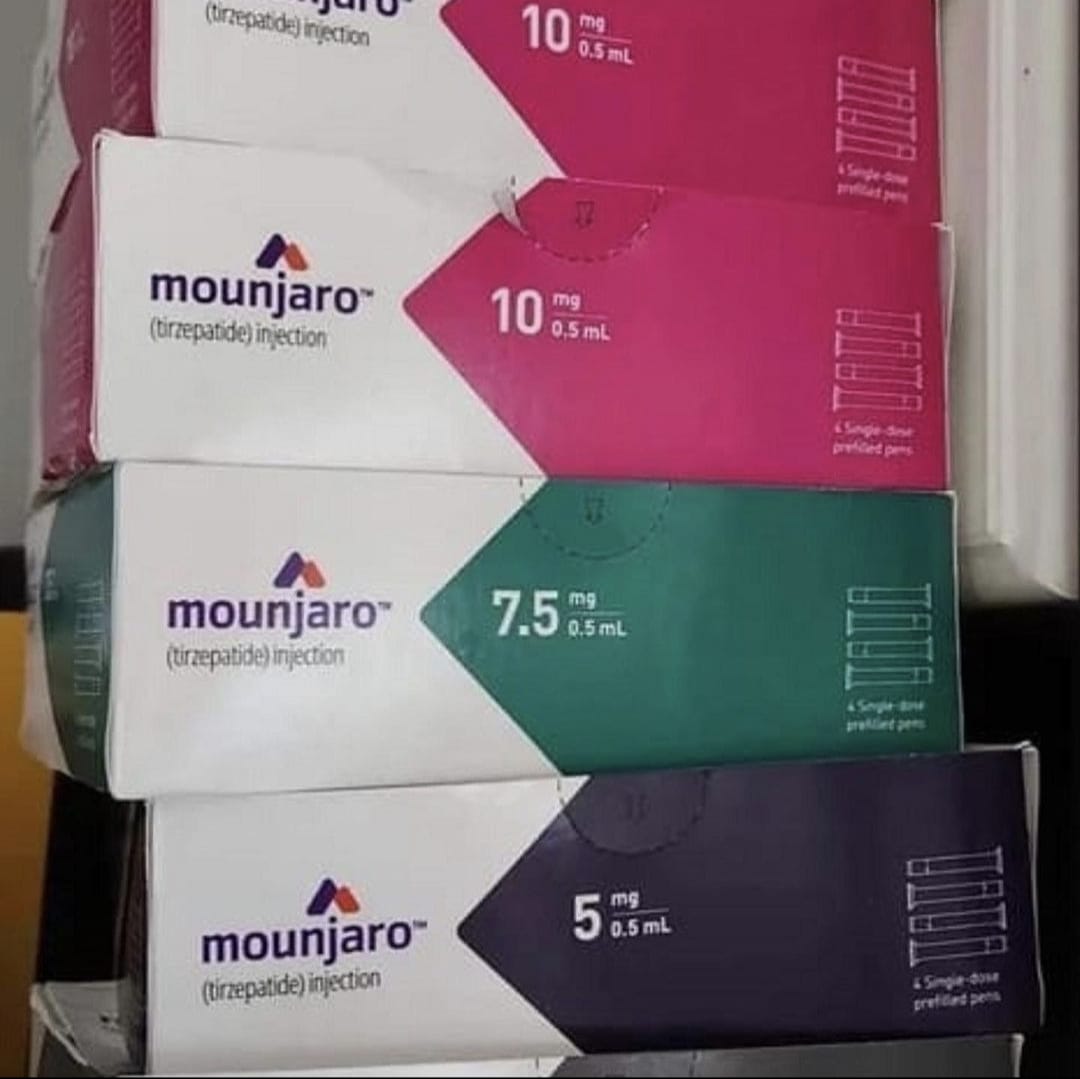
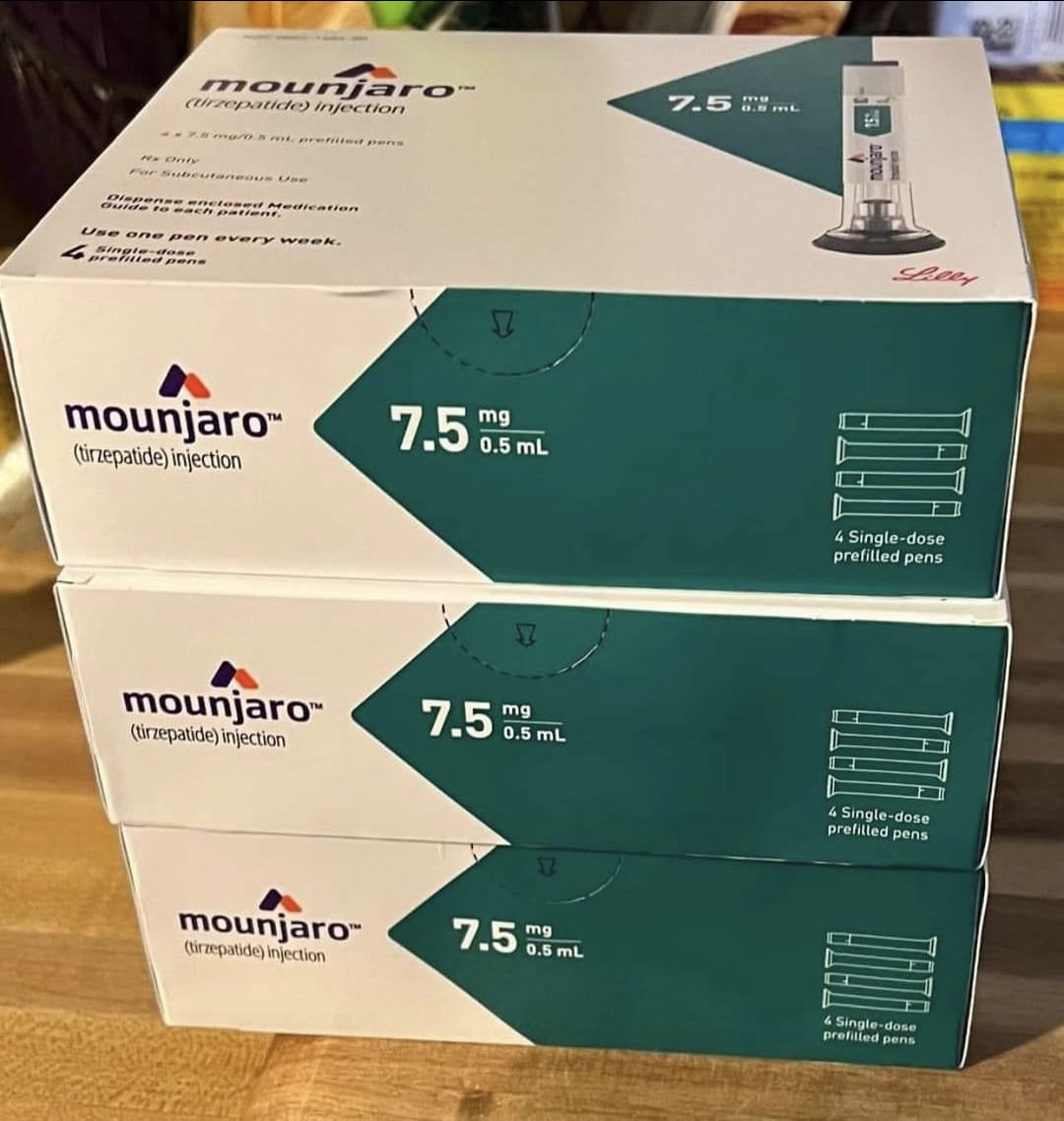
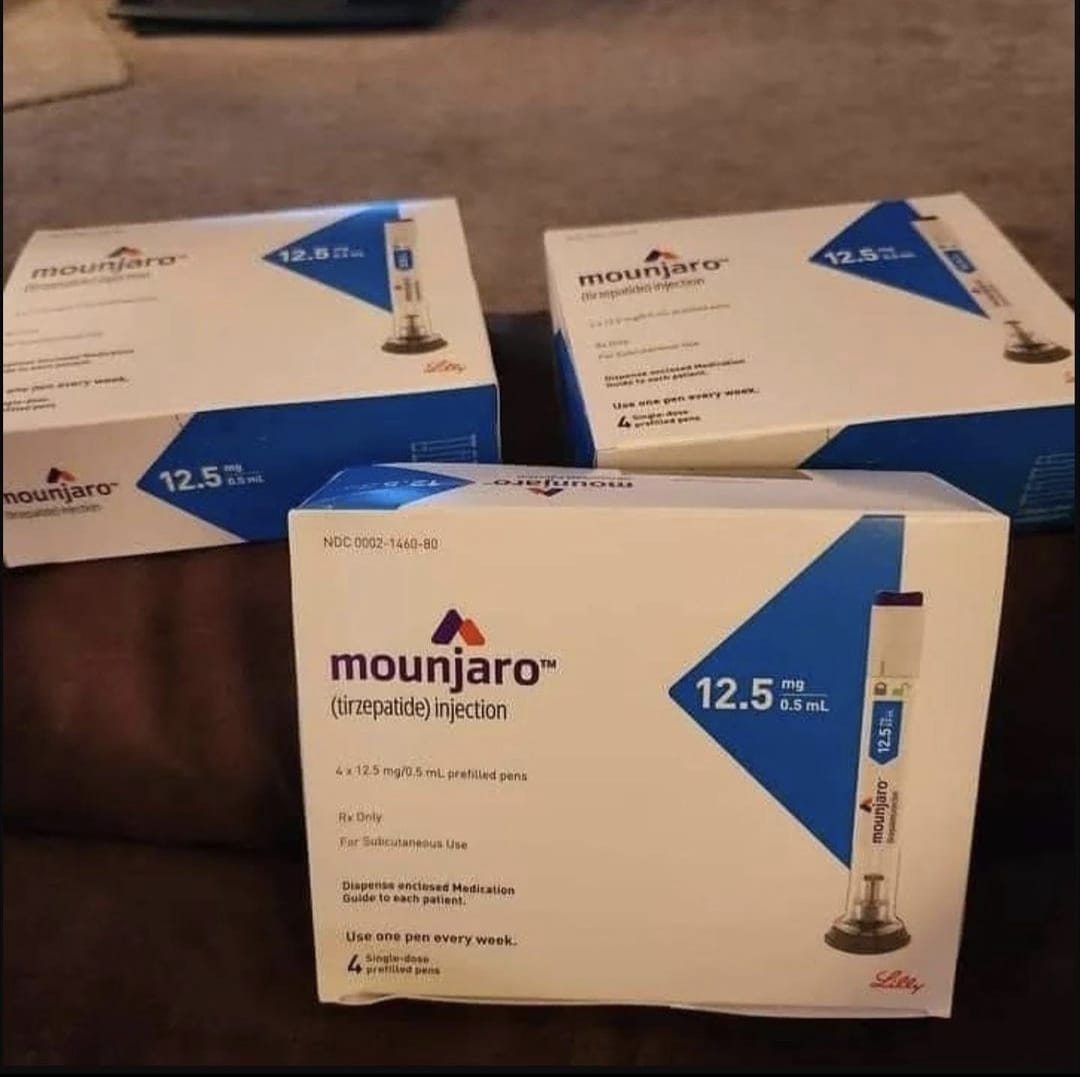

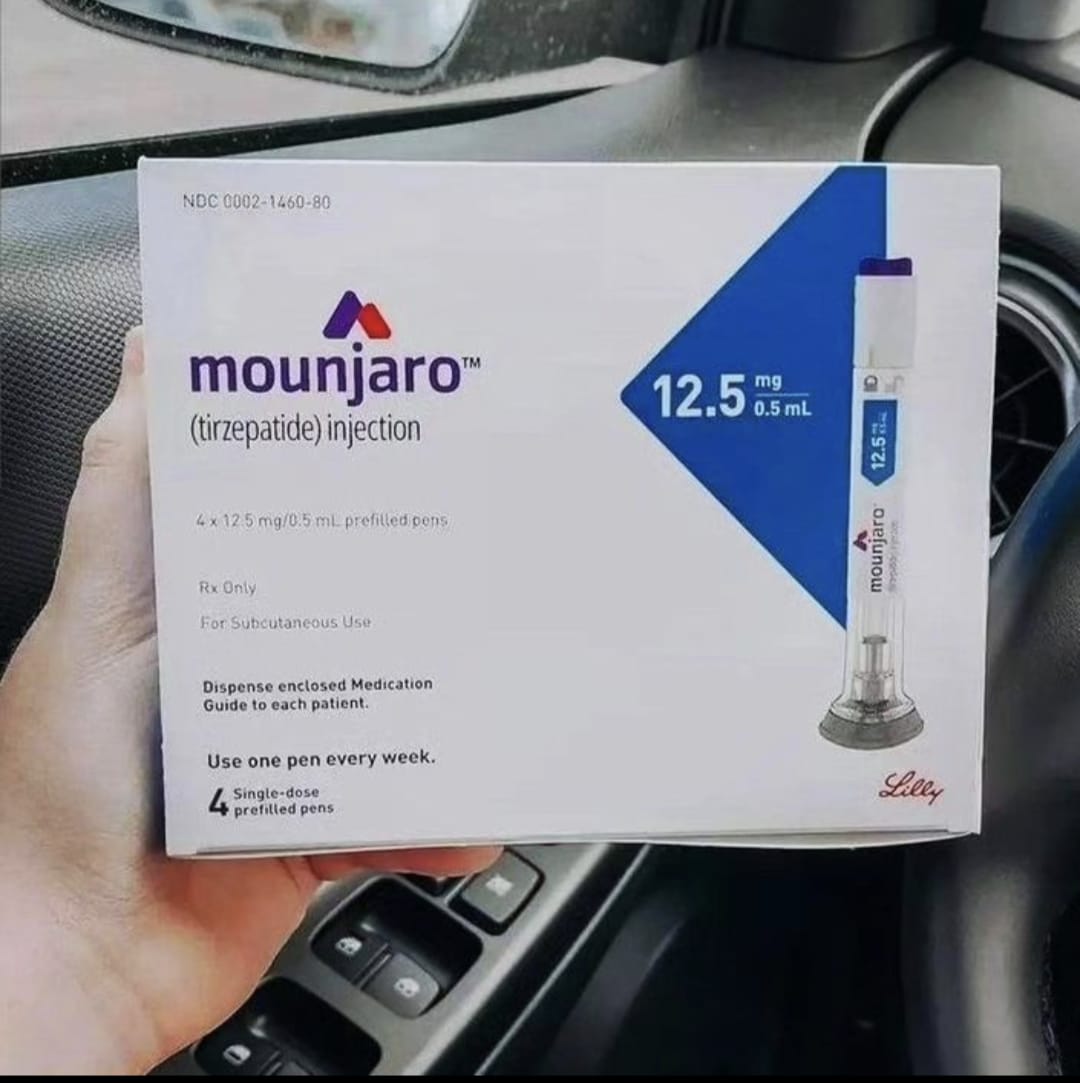
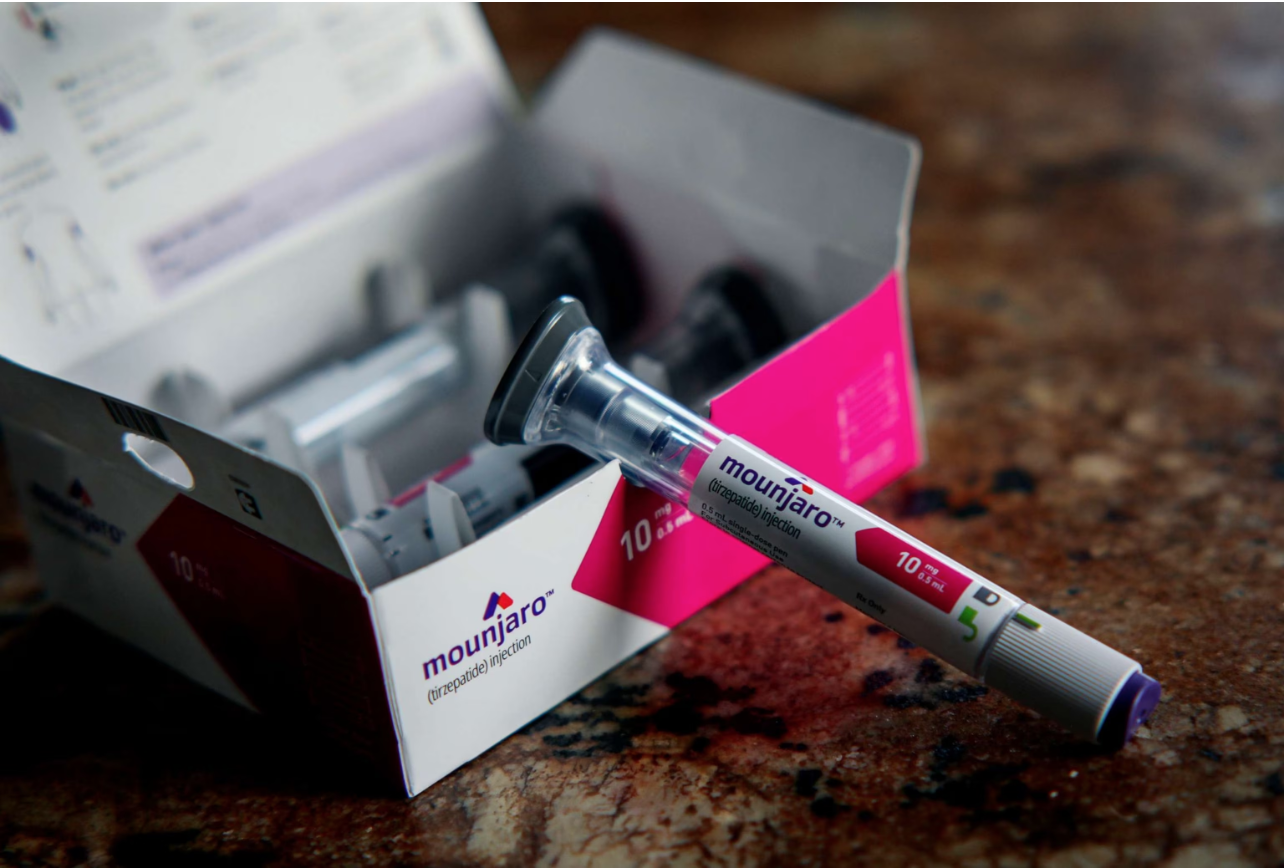












Reviews
There are no reviews yet.